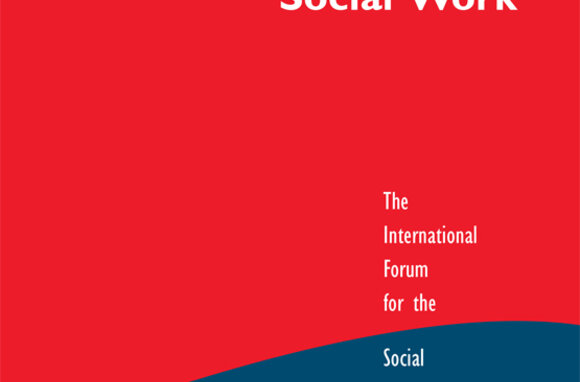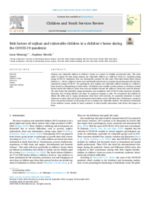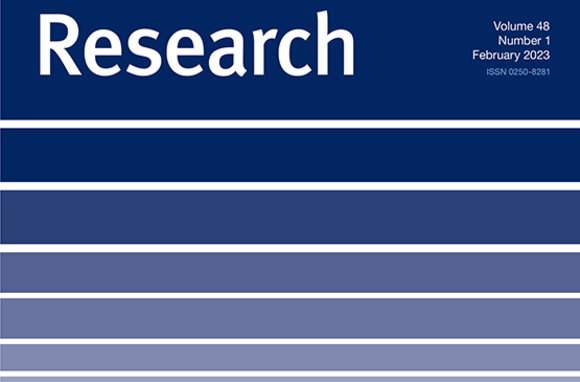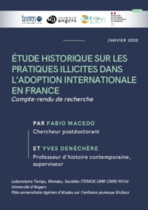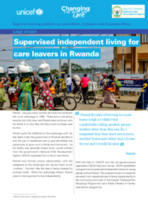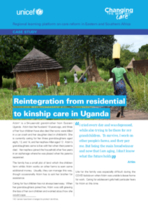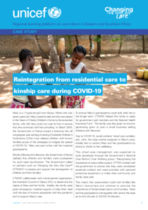What do Childcare Professionals Agree on When they Propose Non-Kin Foster Care? // ¿Con Qué Están de Acuerdo los Profesionales Para Proponer un Acogimiento en Familia Ajena?
The aim of this article is to analyse the factors that intervene in decision-making by childcare professionals regarding non-kin foster care in the north-east of Spain.

